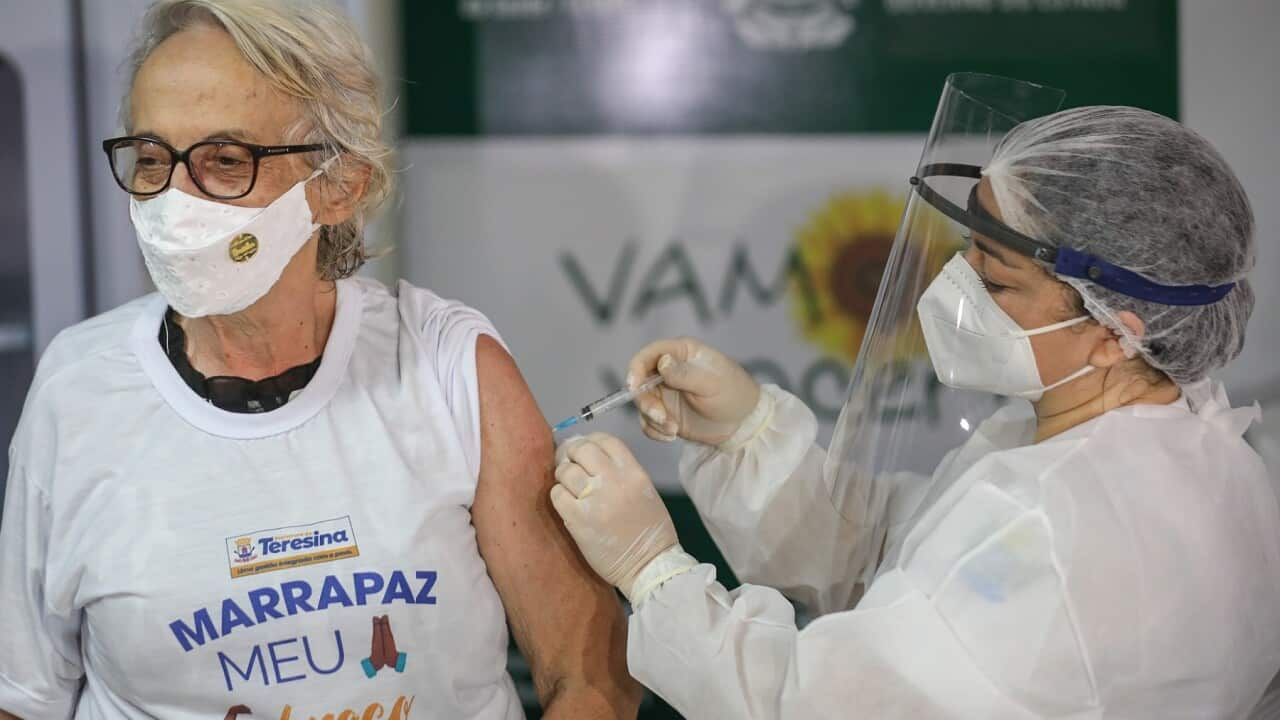The first lot of Australians could be receiving their coronavirus vaccines as soon as mid-February.
While the federal government says it won't make vaccines compulsory across the population, state governments and privately owned businesses could take a different stance.
On Monday, New South Wales Premier Gladys Berejiklian said she would support businesses that choose to deny service to those who refuse the vaccine.
So how far can governments and businesses legally go to encourage people to get vaccinated?
While Prime Minister Scott Morrison has assured the country that vaccines will not be mandatory, legally, the government is within its rights to make them compulsory.
And that wouldn't be an Australian first.
The Australian Government made vaccines mandatory in the 19th century to help combat smallpox, which became the first infectious disease to be eradicated worldwide in 1979.
But, Sydney University Professor of Health Law and Ethics, Cameron Stewart, says the need for mandatory vaccinations all but disappeared when people realised how effective that vaccine was.
We know that about 60 to 70 per cent of the population will need to get vaccinated to create an effective level of protection.
So will enough people get vaccinated if the government doesn't make it mandatory?
That's where there states and businesses come in.
If they choose to place vaccine regulations on jobs and services, it could quickly become impractical be unimmunised.
There are already vaccine requirements in some professions; for example, some healthcare workers need to get the flu shot every year, and abattoir workers need to be immunised against Q fever, a bacterial infection that can cause a severe flu-like illness.
And, late last year, Qantas CEO Alan Joyce said anyone seeking to fly internationally with his carrier would eventually need to show proof that they have been vaccinated against COVID-19.
Professor Stewart says those kinds of market forces should be enough to encourage a high uptake of the vaccine.
Much like people with certain health conditions are exempt from various mask mandates around the country, businesses could navigate this challenge with similar exemptions for those who cannot safely be vaccinated.
Associate Professor Beck says the other challenge would be giving people enough time to get vaccinated before introducing restrictions on service.
For health and support measures currently in place in response to the COVID-19 pandemic in your language, visit sbs.com.au/coronavirus




